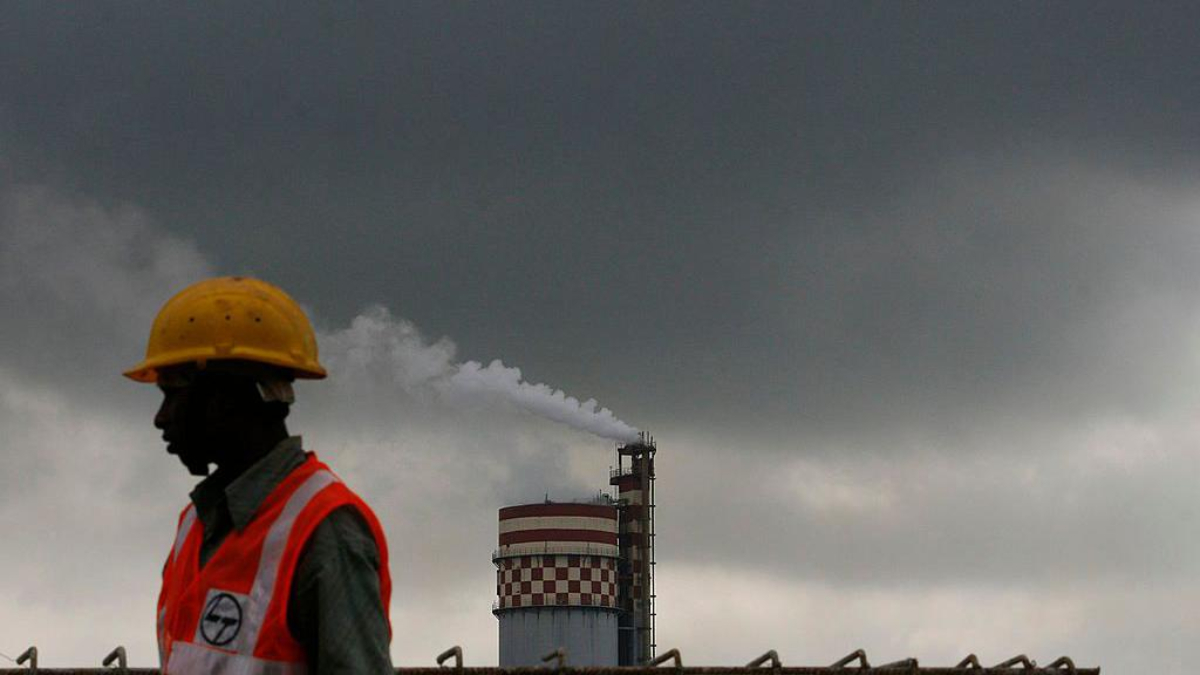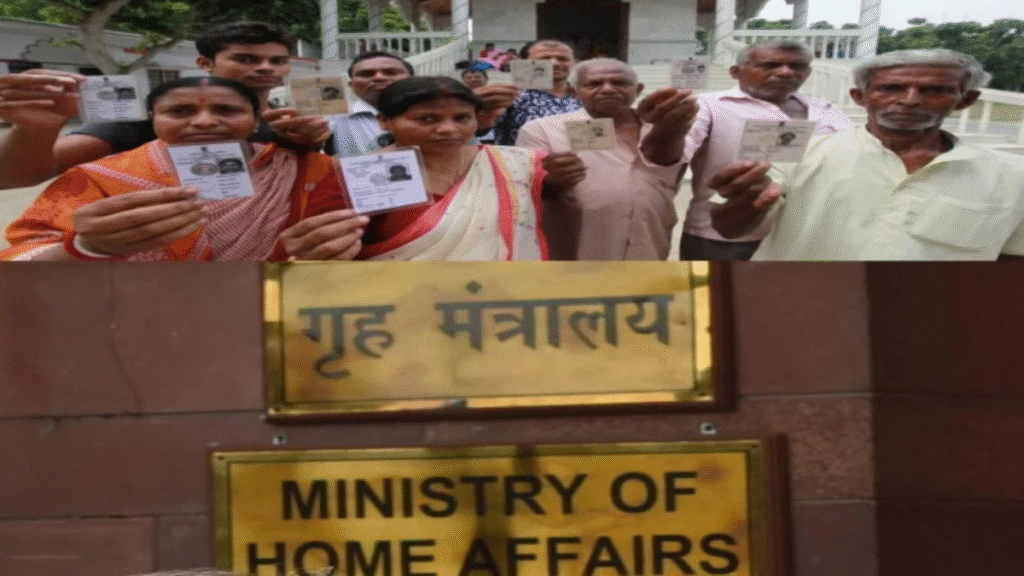Now Reading: India’ Delayed Climate Roadmap Raises Eyebrows at COP30 Summit
-
01
India’ Delayed Climate Roadmap Raises Eyebrows at COP30 Summit
India’ Delayed Climate Roadmap Raises Eyebrows at COP30 Summit

New Delhi, November 21, 2025: India, the world’s most populous nation and third-largest carbon emitter, is facing increased scrutiny at the 30th Conference of the Parties (COP30) to the UNFCCC in Belém, Brazil, over its decision not to unveil its next generation climate action plan, known as the Nationally Determined Contribution (NDC), during the summit.
While the Paris Agreement requires all signatory nations to submit progressively ambitious NDCs every five years, and the current cycle focuses on targets through 2035, India remains one of the few major economies yet to table its updated strategy. This delay has prompted international observers and climate experts to raise concerns, even as New Delhi defends its position and touts its past achievements.
A Strategic Pause or Lack of Ambition?
The core of the issue lies in the expected submission of the 2035 NDC. Environment Minister Bhupender Yadav, addressing the conference, clarified that India’s revised NDCs for 2035, along with its first Biennial Transparency Report (BTR), will be finalized and released by the end of the year, following Cabinet approval. He stressed that the country is not behind schedule, as the deadline extends until December.
However, many had anticipated a high-profile announcement at COP30 to inject momentum into the talks, especially given the global urgency to close the “ambition gap” and align with the 1.5°C warming limit.
Reasons cited for the delay—and the resulting speculation—are multi-layered:
- Pressure for Climate Finance: Many experts view the delay as a strategic negotiating tactic to pressure developed nations. India has consistently argued that ambitious new targets for developing countries are meaningless without the promised climate finance and technology transfer from wealthy nations. The delay signals dissatisfaction with the slow progress on climate funding obligations, including the New Collective Quantified Goal (NCQG).
- Balancing Development and Decarbonization: As a rapidly developing economy, India must balance its commitment to providing energy access and economic growth for its vast population with its climate goals. Crafting an ambitious yet achievable 2035 plan requires meticulous internal deliberation across various energy-intensive sectors.
- Highlighting Past Success: Indian officials used the opportunity to emphasize that the country has already achieved its previous 2030 NDC targets five years ahead of schedule—a decline of over 36% in emission intensity since 2005 and more than 50% of installed electric capacity from non-fossil fuel sources. This performance is positioned as a moral challenge to developed countries to step up their own efforts and financial commitments.
Also Read: Bavuma ‘Response’ Video Found to be AI-Generated
International Reaction and Fallout
The international response has been mixed, ranging from disappointment over the lack of a strong, immediate signal to acknowledgment of India’s historical argument for climate equity.
- Concerns over Global Momentum: The absence of a new, ambitious NDC from a major emitter like India is seen as a blow to the collective effort at COP30, which is mandated to encourage stronger national plans. Critics argue that even the current NDCs place the world on a path toward 2.4°C to 2.8°C of warming, far exceeding the 1.5°C goal.
- Focus on Equity and Finance: Many developing nations and climate advocacy groups have supported India’s firm stance on holding rich nations accountable for climate finance. They echo the sentiment that the credibility of global climate talks hinges on the delivery of promised funds, not just the announcement of new pledges.
- Impact on Global Role: The delay has raised questions about India’s ability to exert leadership at the summit, particularly as it seeks to position itself as a key voice of the Global South and eyes a bid to host COP33 in 2028.
As the negotiations intensify in Belém, India’s message remains clear: climate action must be guided by the principle of “common but differentiated responsibilities”. While its updated roadmap is promised soon, the current hesitation underscores a fundamental tension in global climate diplomacy: the ongoing struggle to reconcile the imperative for immediate, deep emission cuts with the demand for equitable financial support for developing economies. The world awaits the specifics of India’s 2035 plan, which will be a critical determinant of global climate trajectory in the coming decade.










